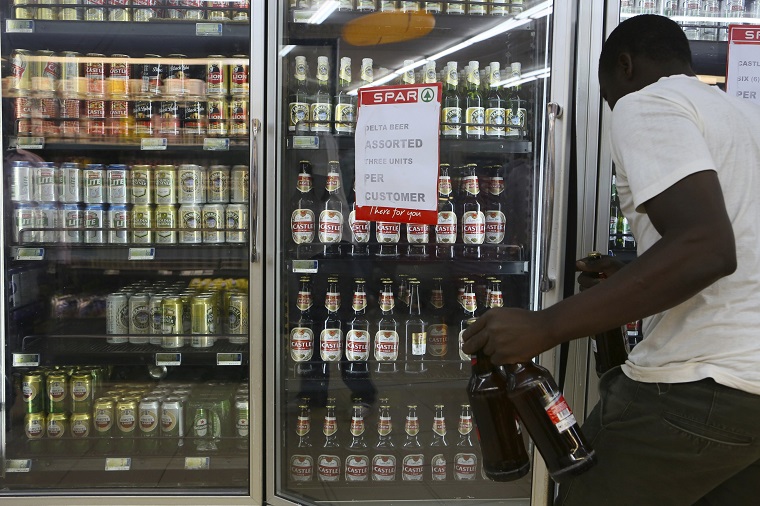 The images of economic crisis in Zimbabwe are all too familiar. Queues for petrol and cash, commodity hoarding, parallel markets in currency, rising inflation and so on. It all seems reminiscent of the dark days of the mid 2000s, in the build-up to the full-blown crisis of the hyperinflationary collapse of 2008. This was not meant to be how the much-hailed second republic started out.
The images of economic crisis in Zimbabwe are all too familiar. Queues for petrol and cash, commodity hoarding, parallel markets in currency, rising inflation and so on. It all seems reminiscent of the dark days of the mid 2000s, in the build-up to the full-blown crisis of the hyperinflationary collapse of 2008. This was not meant to be how the much-hailed second republic started out.
Bill Clinton’s 1992 election slogan, ‘it’s the economy, stupid’ does ring true. Years of economic mismanagement, deep corruption and failure to invest, combined with sanctions, credit embargoes and investment freezes, have taken their toll. But the current crisis is also to do with politics, both domestic and international.
Tony Hawkins, an economics professor at the University of Zimbabwe, recently gave a widely-circulated talk to the British Council on the economic travails of Zimbabwe. There was much to agree with in his summary of the situation.
The economy is uncompetitive, he argued, not helped by the appreciation of the US dollar by 17 percent since dollarization, the huge loss of value of the South African Rand and rising oil prices. Estimated 14% revenue increases from tobacco, gold and other minerals are offset by a massive hike in state expenditure, up 57%, exacerbated by election commitments to public servant wage hikes. The budget deficit has ballooned to $3.3 billion, with a projected trade gap of around $2.5 billion.
What’s more, he said, the total national debt now stands at a staggering $22 billion, now more than the GDP. Government borrowing continues to grow, crowding out the private sector, and putting pressure on available finance for investments, as people seek cash on the (expensive) parallel market. Inflationary pressures are also increasing dramatically therefore, with money supply far exceeding (formal) GDP growth.
But, despite the value of this description (repeated of course in numerous assessments by the IMF, the World Bank and other economists), his diagnosis of causes was only partially on target, and his solutions missed crucial dimensions.
Causes were laid largely at the door of domestic economic policy (or lack of it) and corruption by the ruling party. This, as is well documented, is a key part of the story. From Gideon Gono’s use of the reserve bank as a political tool in the ‘casino economy’ years to the massive expropriation of diamond resources, both show how the Zimbabwean economy has been destroyed from within.
This has not been the only story. The sanctions imposed following the land reform of 2000 took their toll too. While only targeting select individuals, and withdrawing aid from government led programmes, this signalled diplomatic disapproval from the West, and it had a major impact on patterns of economic support.
Continued next page
(738 VIEWS)


